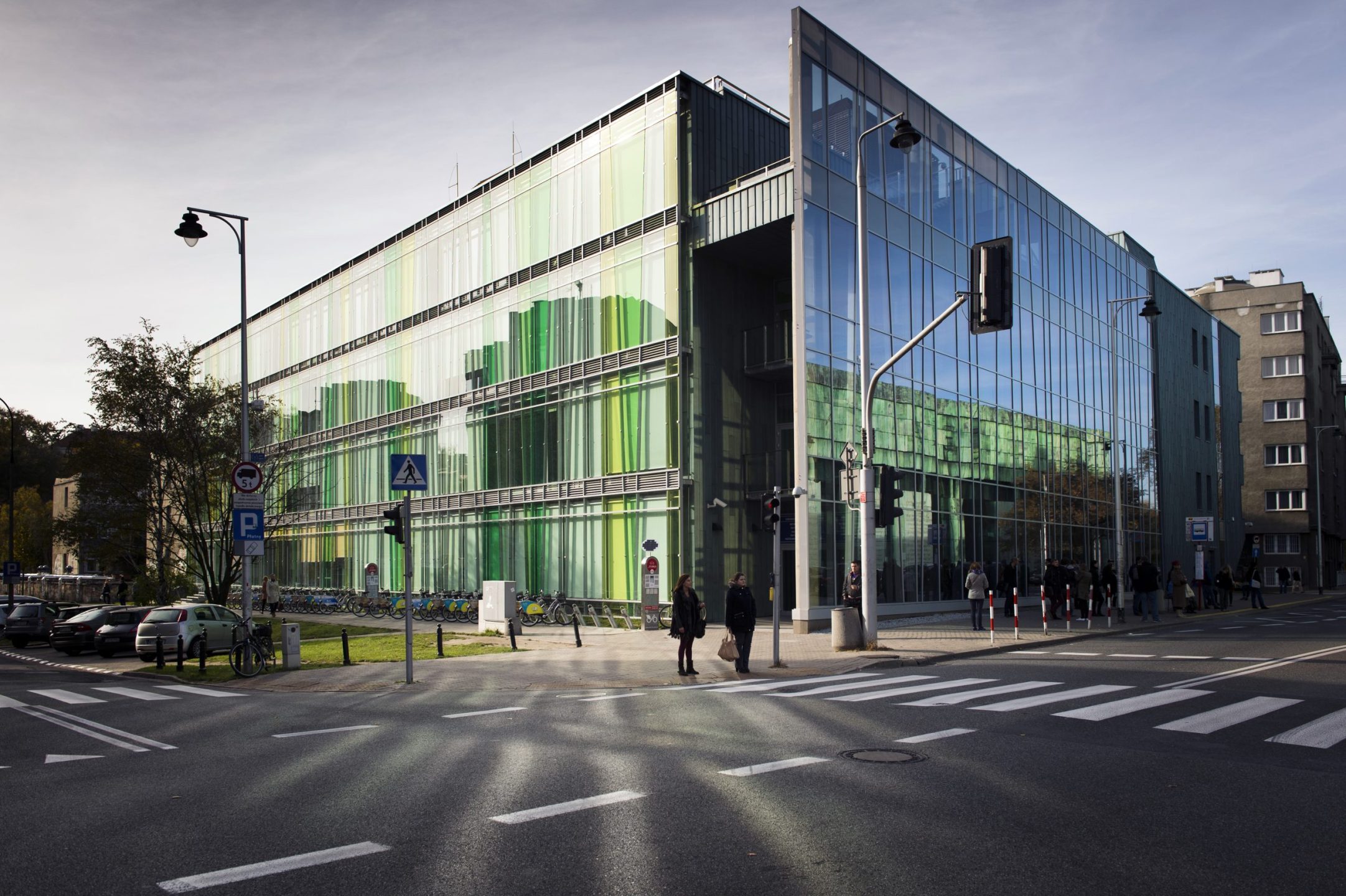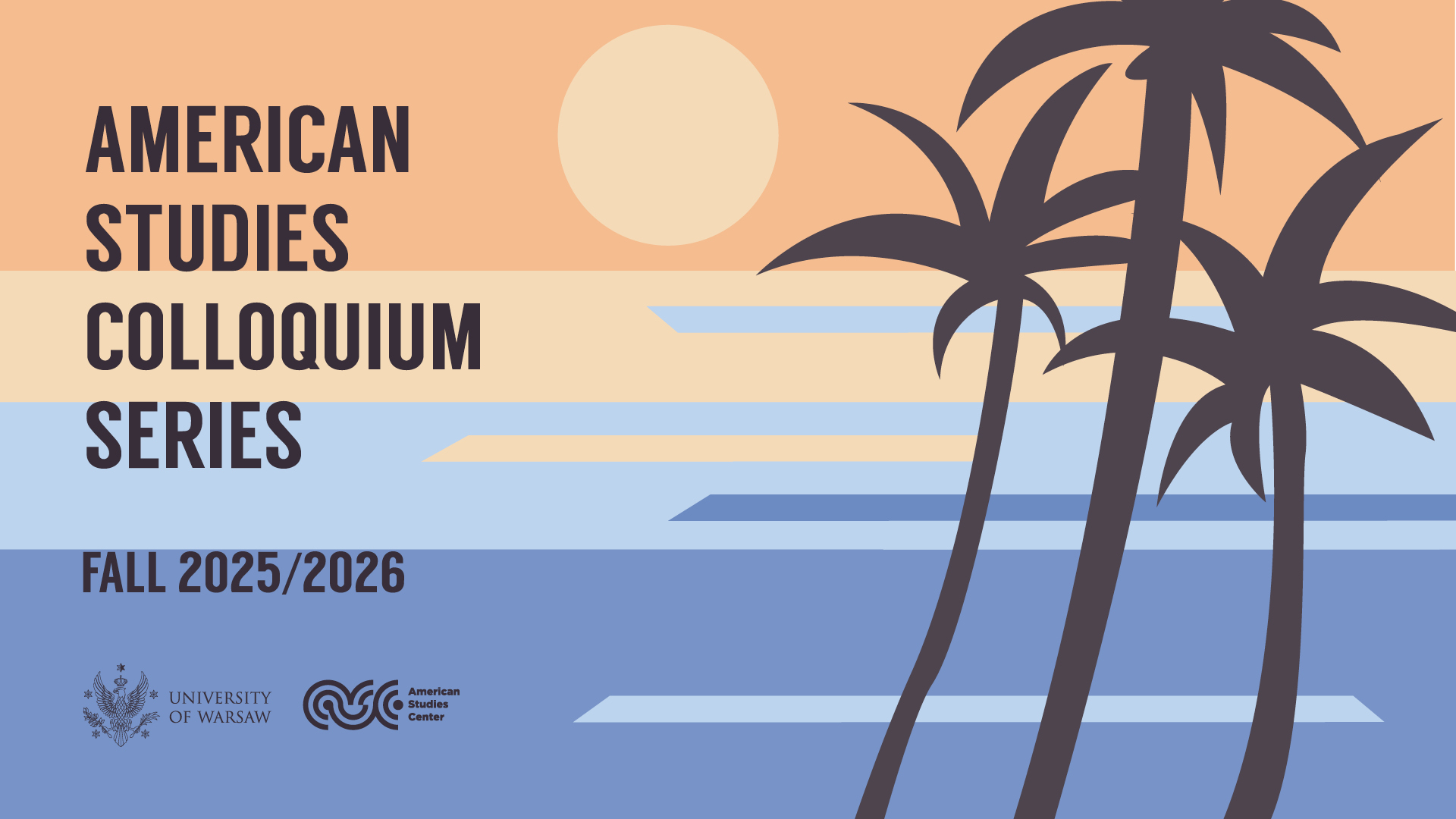Weird Fictions Research Group invites you to a talk by
Filip Peringer
(University of Warsaw)
The Ur-Savage: The Anthropological Horror of Green Inferno and Bone Tomahawk
This event is a part of the EcoGothic Landscapes series organized by the Weird Fictions Research Group members and their invited guests.
This fall we are talking about the messiness, the horror and the beauty of a transversal, intra-connected, deeply enmeshed world of human and non-human animals, plants, fungi… and more.
Monday, January 18, 2020
at 5:00 p.m.
You can get 2 OZN points for participating in this event.
Where?
This is an online event. To attend, click the button below or enter https://us02web.zoom.us/j/82458204438 into your browser, and join the meeting.
What?
The ravenous and racist depiction of “ignoble savage” still haunts contemporary popular culture. One could argue that the stereotypical figure, which was once used to excuse the excessive violence and hostility towards the native people of invaded lands, never really disappeared. Now, however, after centuries of indigenous people being forced to live besides their previous abusers, the “ignoble savage” trope has gained new traits and characteristics. In the 21st century, especially in American horror, the “savages” once again have become a menace, this time in the form of long-existing tribes bent on terrorizing the “civilization.” Two recent horror movies, Green Inferno and Bone Tomahawk, present the indigenous communities as a threat actively seeking to harm and control the “civilized” people, usually through cannibalism, sexual violence, or ritual sacrifice. By deforming the existing traditions or by creating new ones based solely on modern-day white person’s anxieties and fears, the filmmakers construct an image of the new “ignoble savage,” one so antagonistic towards “civilization” that the only way to stop it is by destroying its whole monstrous culture.
This lecture aims to elaborate on the problem of presenting indigenous people as a threat in current horror cinema, to analyze it through the lenses of growing racist and far-right ideologies in the USA, and ultimately to recognize the roots and the grim repercussions of this depiction.
Who?
Filip Peringer is a student of Interdisciplinary Individual Studies in Humanities and Social Sciences, University of Warsaw, specializing in cultural studies and American culture. A movie enthusiast specifically interested in horror and exploitation cinema. Works daily at Zachęta – National Gallery of Art in Warsaw.




